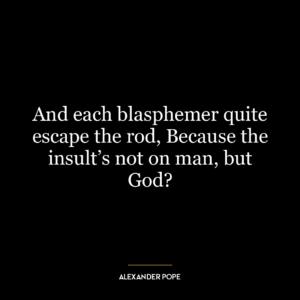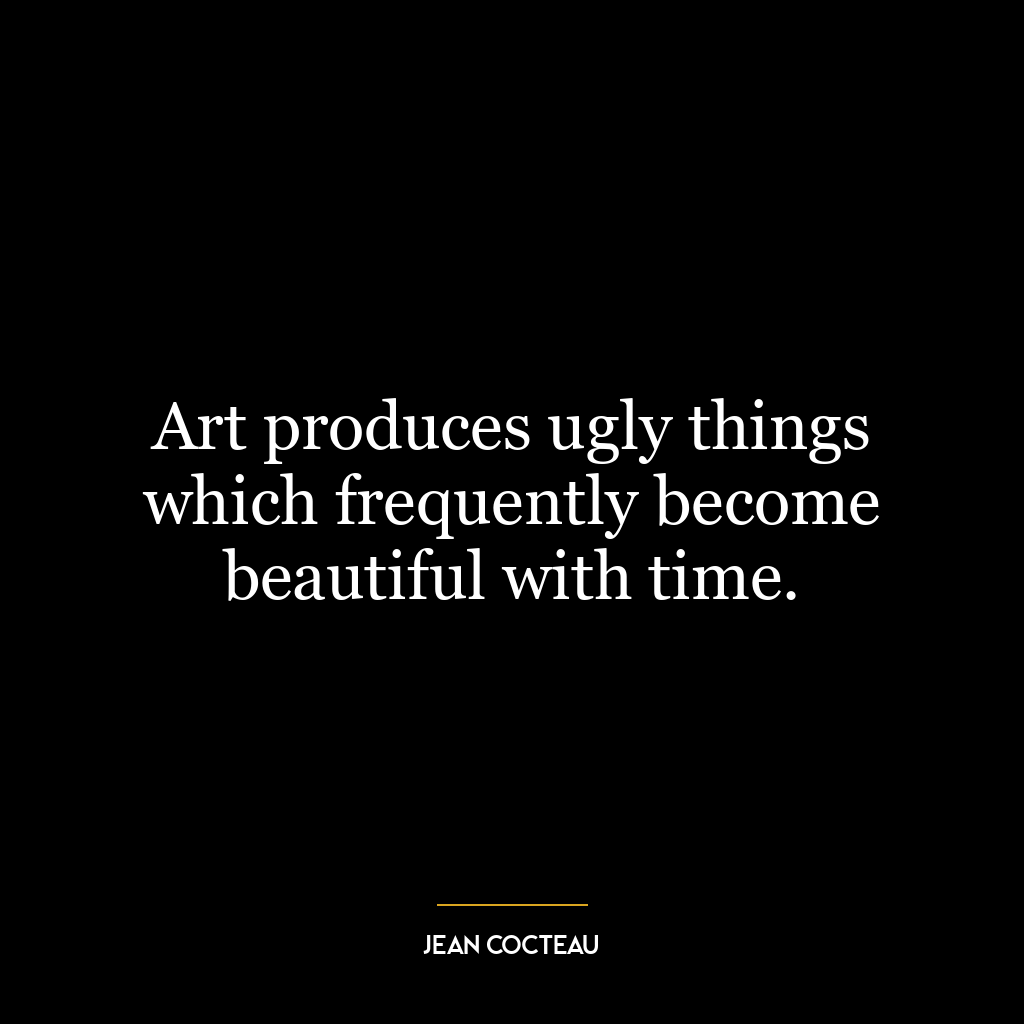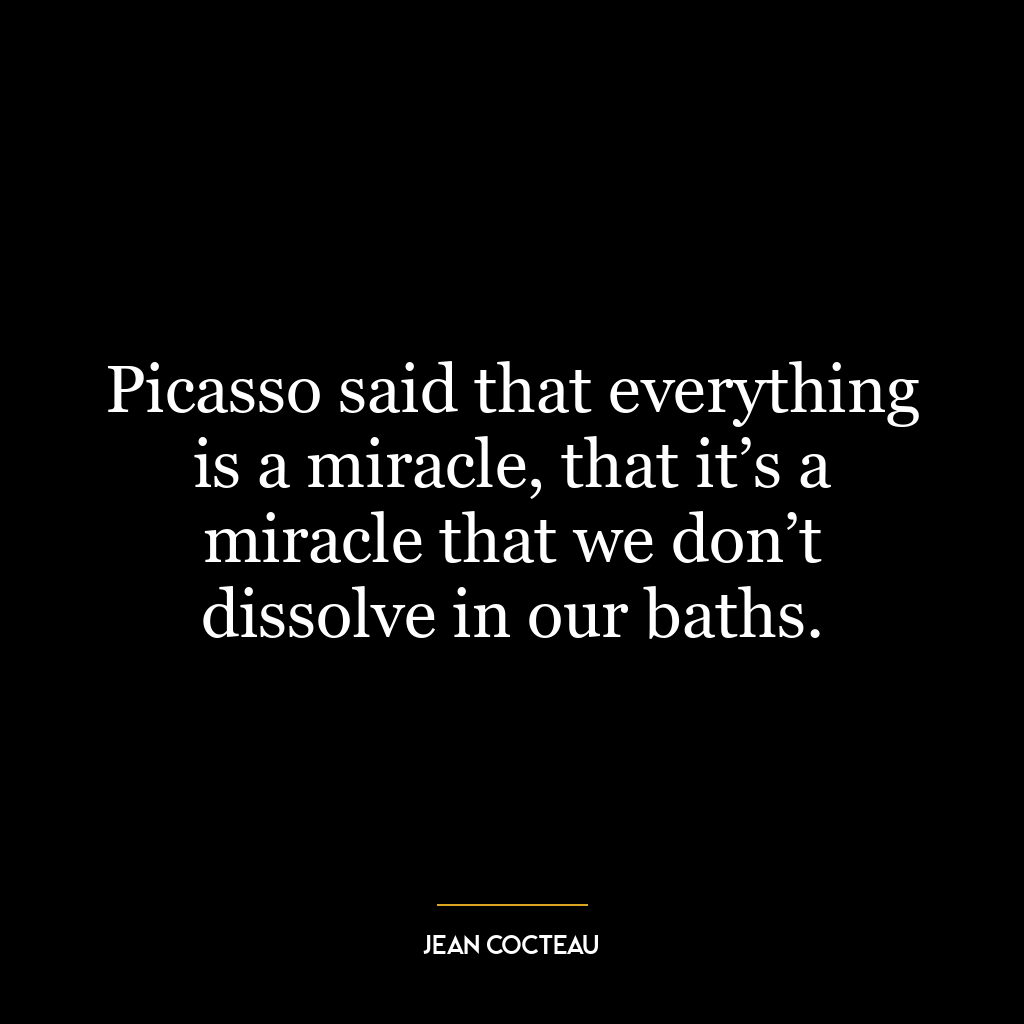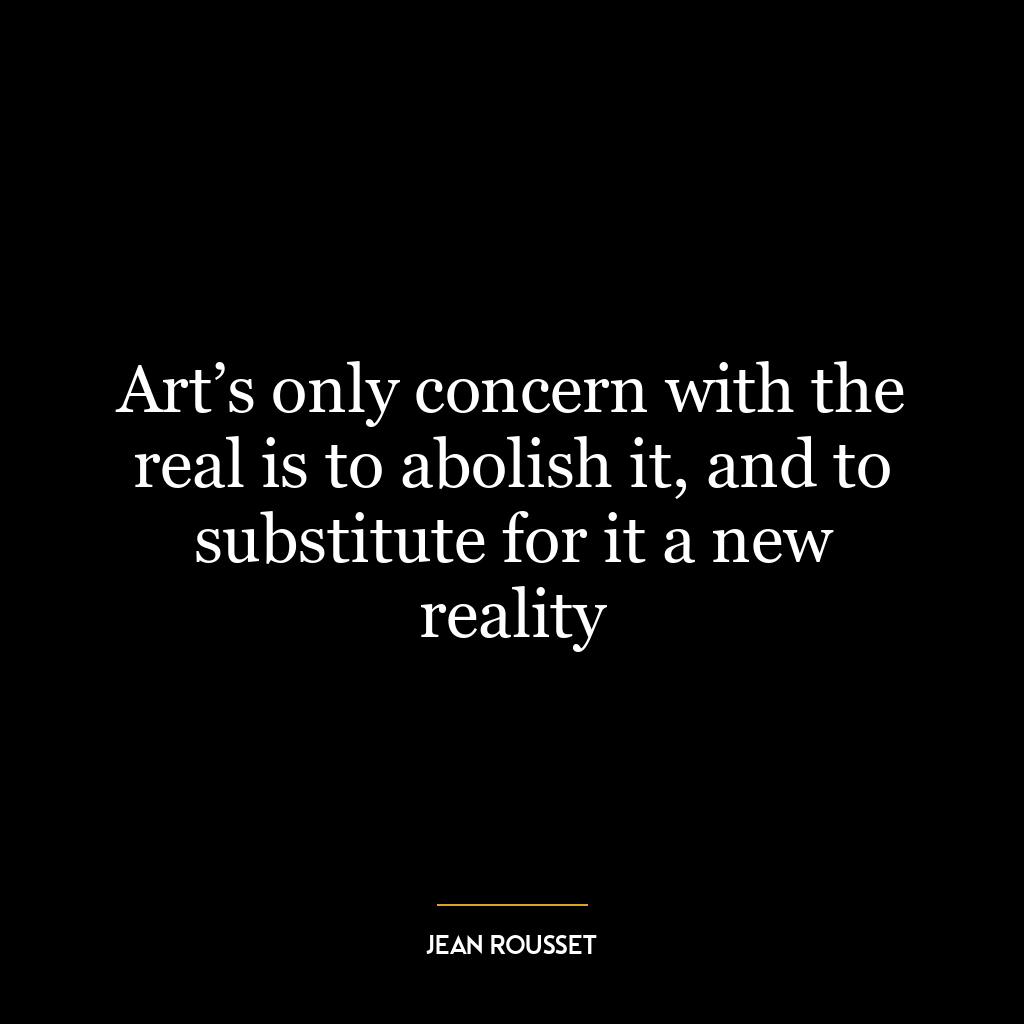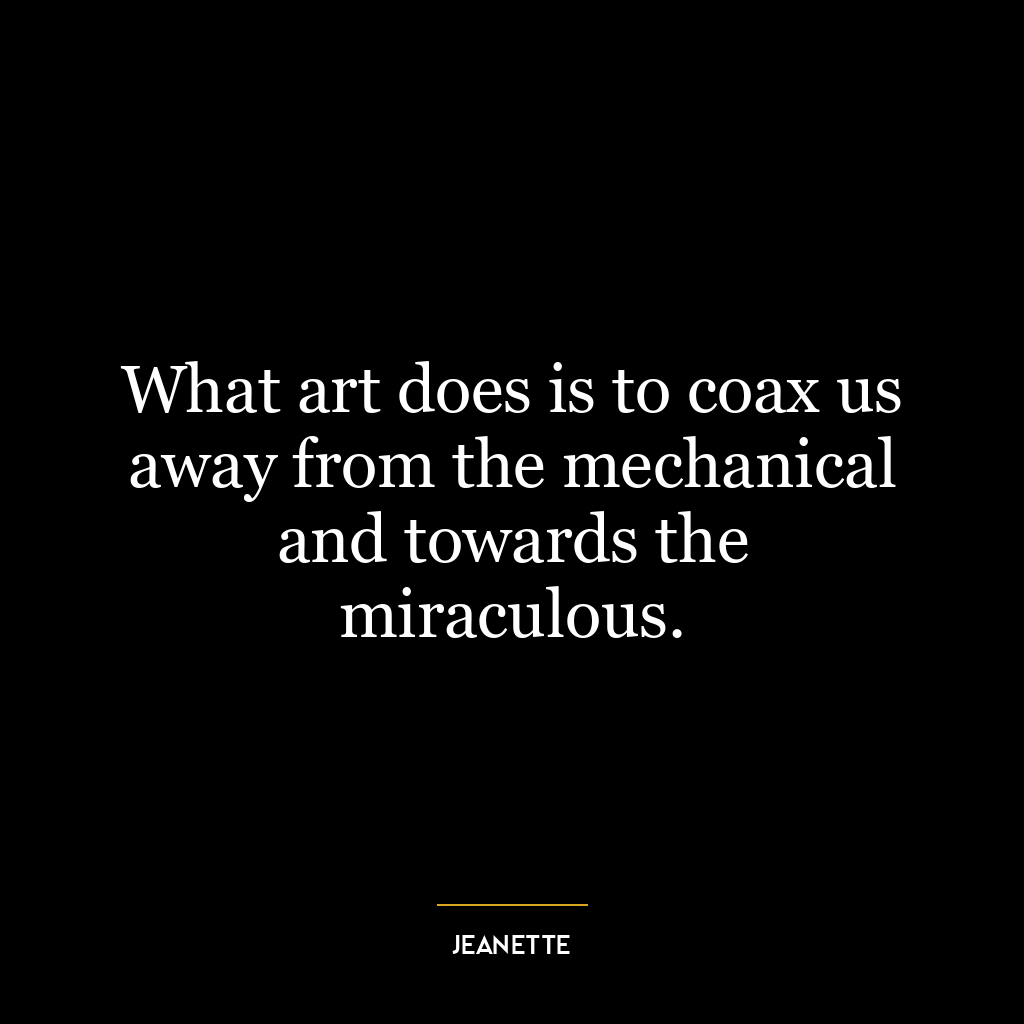This quote draws a comparison between the finest minds and the finest metals, suggesting that they both share a similar quality of dissolving easily. In the context of metals, “dissolving easily” refers to the susceptibility of pure metals to react with various substances in their environment, resulting in their dissolution. Similarly, the “finest minds” are those that are pure, open and flexible. They are susceptible to new ideas, perspectives, and experiences, absorbing and integrating them into their existing framework of knowledge and understanding. This is what Pope means by “dissolve the easiest”.
However, it’s important to note that the term “dissolve” here should not be misconstrued as a negative attribute. Rather, it suggests adaptability, openness, and the capacity to evolve and grow. The finest minds are not rigid or closed off. They are not afraid to question their beliefs, to learn, and to change. They are open to the world and its myriad experiences, always ready to dissolve old perspectives and form new ones.
Applying this idea to today’s world, it’s evident in the way societies and cultures evolve. The most progressive societies are those that are open to change, that are willing to dissolve old, outdated beliefs and practices in order to embrace new, more inclusive and equitable ones. This is also evident in the world of science and technology, where the finest minds are constantly dissolving existing theories and paradigms to make way for new discoveries and innovations.
In terms of personal development, this quote emphasizes the importance of adaptability and openness to change. It encourages us to be like the finest metals, willing to dissolve our preconceived notions, biases, and beliefs in order to grow and learn. It reminds us that rigidity hinders growth, and that the finest minds are those that remain malleable, always ready to absorb new knowledge and experiences.



